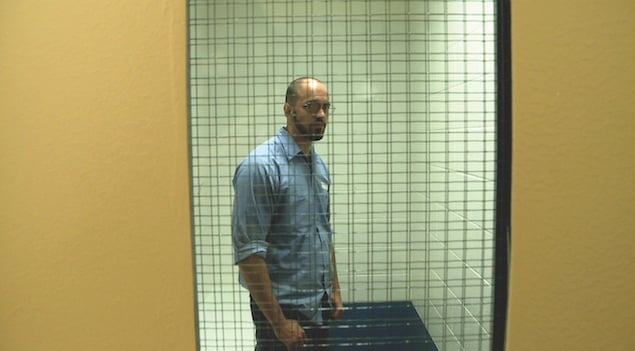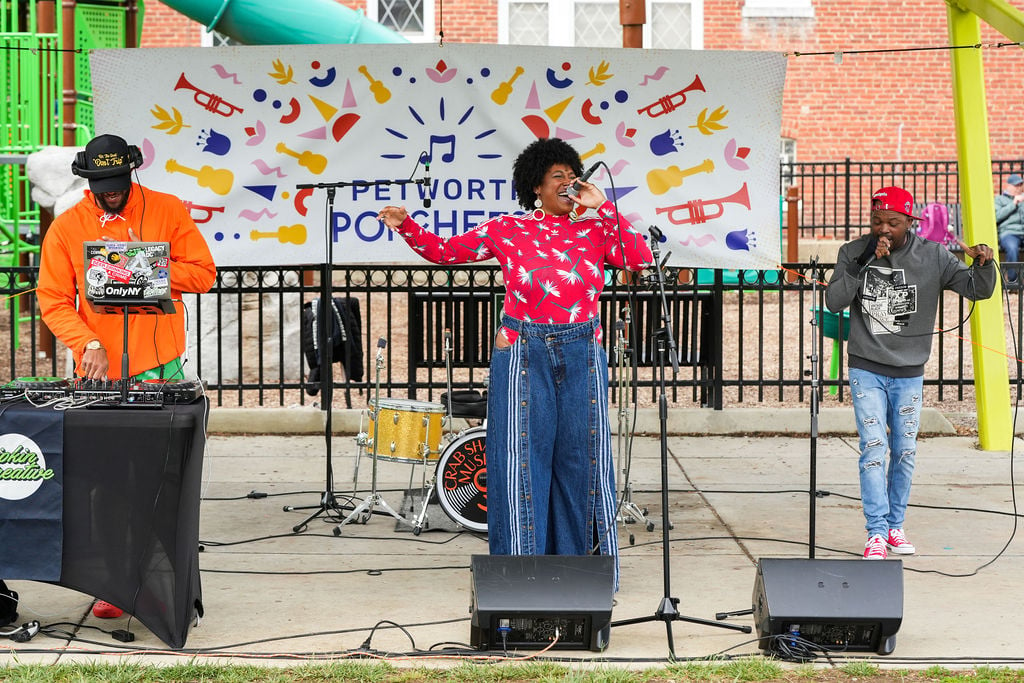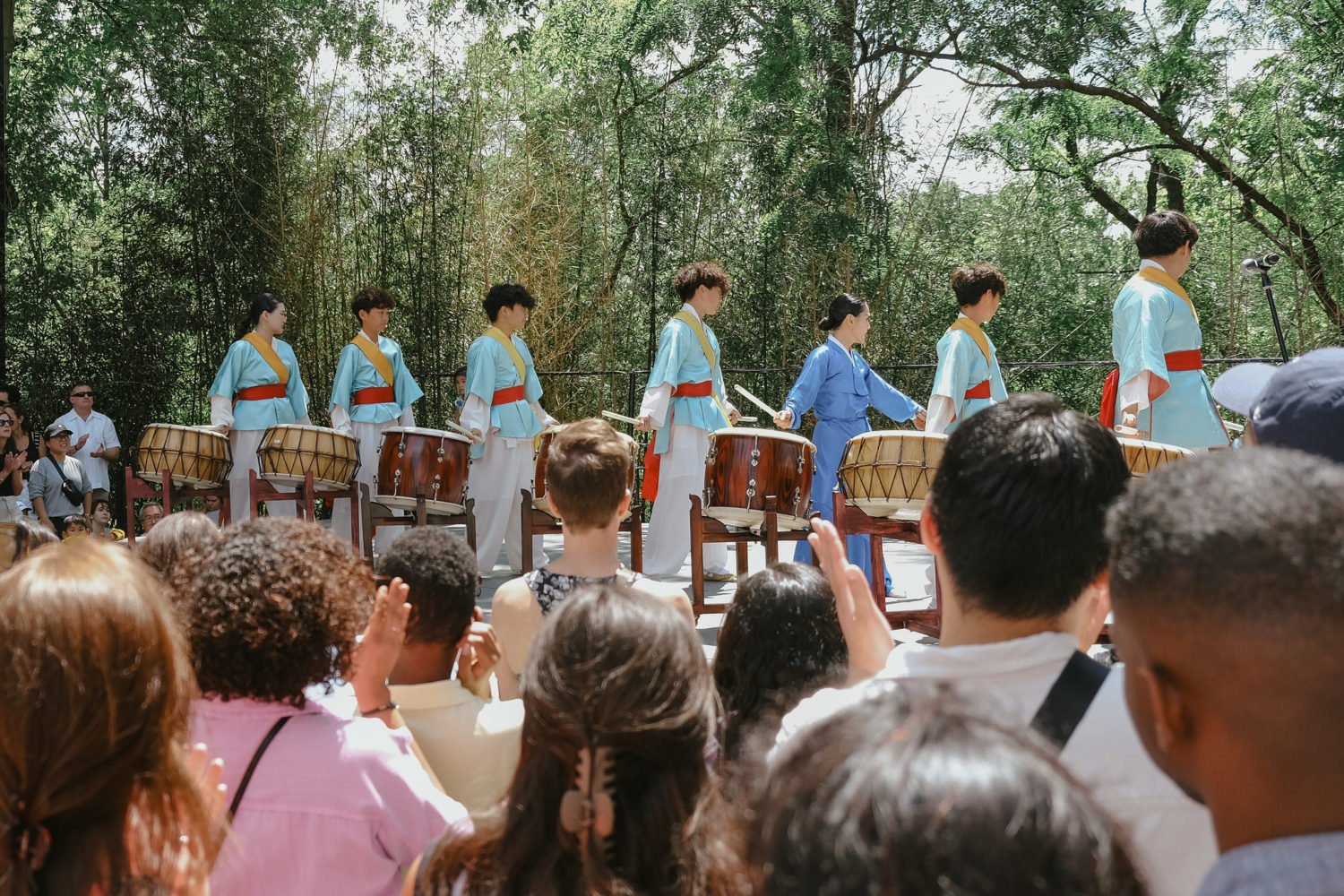The shootings at Columbine High School. Wes Craven’s
Scream movies. These are the all-too-familiar cultural touchstones referenced by the teen
killers in the utterly chilling beginning of
Lost for Life, a world premiere directed by
Joshua Rofé. The documentary, which examines the question of whether it should be legal for juveniles
to be sentenced to life without parole, begins with 16-year-olds Brian and Torey plotting
to kill a classmate—seemingly just for kicks. Rofé reenacts the crime through photographs
and actual video shot by the two boys both before and after the murder. It’s shocking
and horrific, and makes the film’s goal of garnering sympathy for murderers seem well-nigh
impossible.
But Rofé does an admirable job. Many of the convicted juveniles he interviews were
abused as children; one, who spent more than 20 years in prison, was involved in a
gang from a very young age. In one scene, photographs are shown of a young boy with
his mother and stepfather as the man that boy became describes how he killed them;
later, as he recounts the emotional and physical abuse he suffered at their hands,
the same photographs are shown, imbued with a new air of menace. Among the questions
raised: What does it say about America that when innocence is corrupted and the system
fails to help children who need it, they’re forced to pay with their whole lives?
Should children not be given a chance at redemption?
The most moving scene in the film involves a support group for relatives of convicted
juvenile killers. A woman attending tells the story of how her three-year-old son
was killed by a spray of bullets unleashed by two teenagers. She describes her anger,
her grief, her desire for vengeance—but also how she eventually learned to find compassion
for the boys who killed her child.
Also affecting is the story of a gang member convicted of murder at 17. While in prison
he turns away from gang activity and toward the teachings of Islam; he also dedicates
his life to helping other young people avoid his same fate. Eventually, after more
than two decades of incarceration, he’s released on parole by order of the governor.
So, it seems, rehabilitation is possible. But when the viewer is shown the now-grown
man who killed his parents talking calmly and remorselessly about how he will be free
one day, no matter how long it takes, or another failing to acknowledge his part in
his classmate’s death even after six years in prison, the film’s title,
Lost for Life, feels more than apt.
Playing June 22, 5:30 PM, at the National Portrait Gallery, and June 23, 11 AM, at
AFI Silver Theatre and Cultural Center.


















